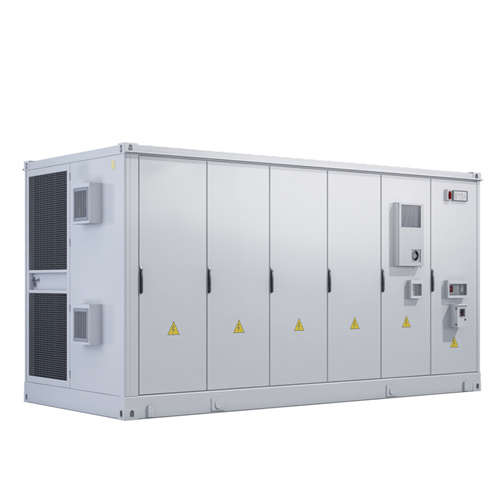About Japanese enterprise energy storage
As the photovoltaic (PV) industry continues to evolve, advancements in Japanese enterprise energy storage have become critical to optimizing the utilization of renewable energy sources. From innovative battery technologies to intelligent energy management systems, these solutions are transforming the way we store and distribute solar-generated electricity.
When you're looking for the latest and most efficient Japanese enterprise energy storage for your PV project, our website offers a comprehensive selection of cutting-edge products designed to meet your specific requirements. Whether you're a renewable energy developer, utility company, or commercial enterprise looking to reduce your carbon footprint, we have the solutions to help you harness the full potential of solar energy.
By interacting with our online customer service, you'll gain a deep understanding of the various Japanese enterprise energy storage featured in our extensive catalog, such as high-efficiency storage batteries and intelligent energy management systems, and how they work together to provide a stable and reliable power supply for your PV projects.
3 FAQs about [Japanese enterprise energy storage]
What is Japan's first energy storage project?
In 2015, we started Japan's first demonstration project covering energy storage connected to the power grid in the Koshikishima, Satsumasendai City, Kagoshima. This project is still operating in a stable manner today. One feature of our grid energy storage system is that it utilizes reused batteries from EVs.
Can energy storage improve the reliability of the Japanese grid?
Stonepeak senior managing director Ryan Chua stated: “As Japan accelerates the development of renewable energy projects to meet its decarbonisation goals, energy storage will have a crucial role to play in enhancing the reliability of the Japanese grid. How well do you really know your competitors?
Can battery storage compete in Japan?
Japan has a long history of adopting and adapting to new technologies, and Japanese industry and academics played a key role in developing the rechargeable lithium-ion battery technology. Yet it’s fair to say development of a market in which battery storage can compete has taken some time.
Related Contents
- Japanese life energy storage battery merchants
- Japanese energy storage photovoltaic company
- Japanese energy storage battery shell supplier
- Energy storage industry japanese
- Japanese life energy storage battery
- Japanese life energy storage battery model
- Japanese phase change energy storage products
- What is the japanese energy storage lattice
- Japanese energy storage power supply procurement
- Energy storage power japanese
- Japanese energy storage fire protection solution


